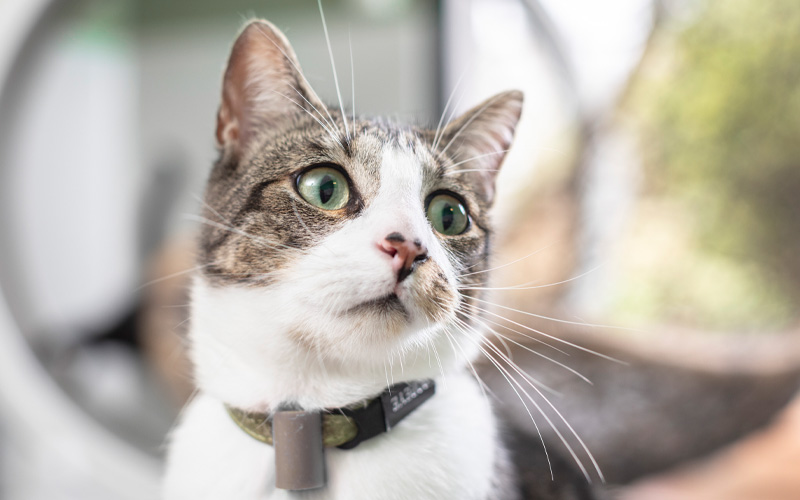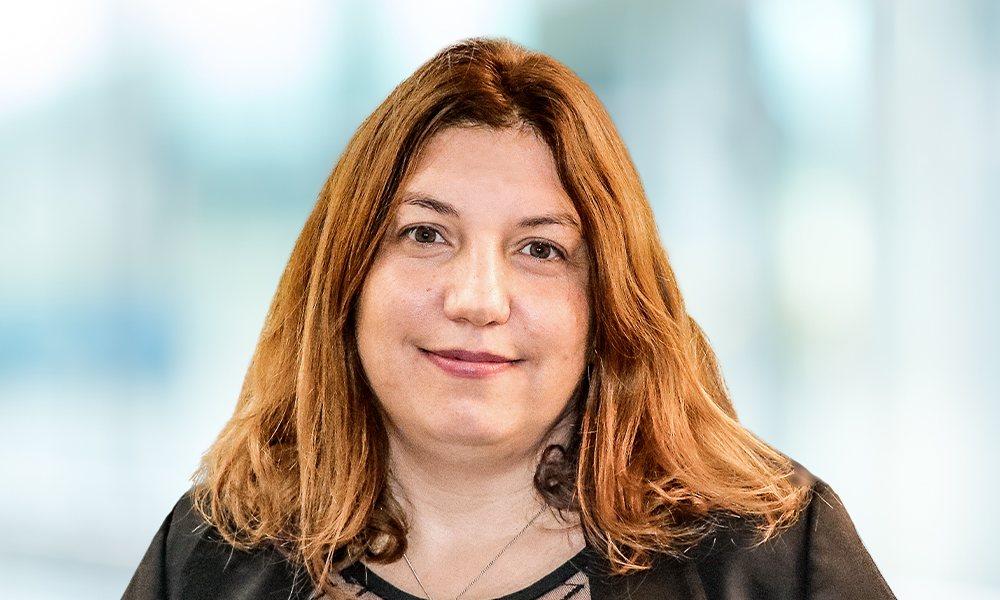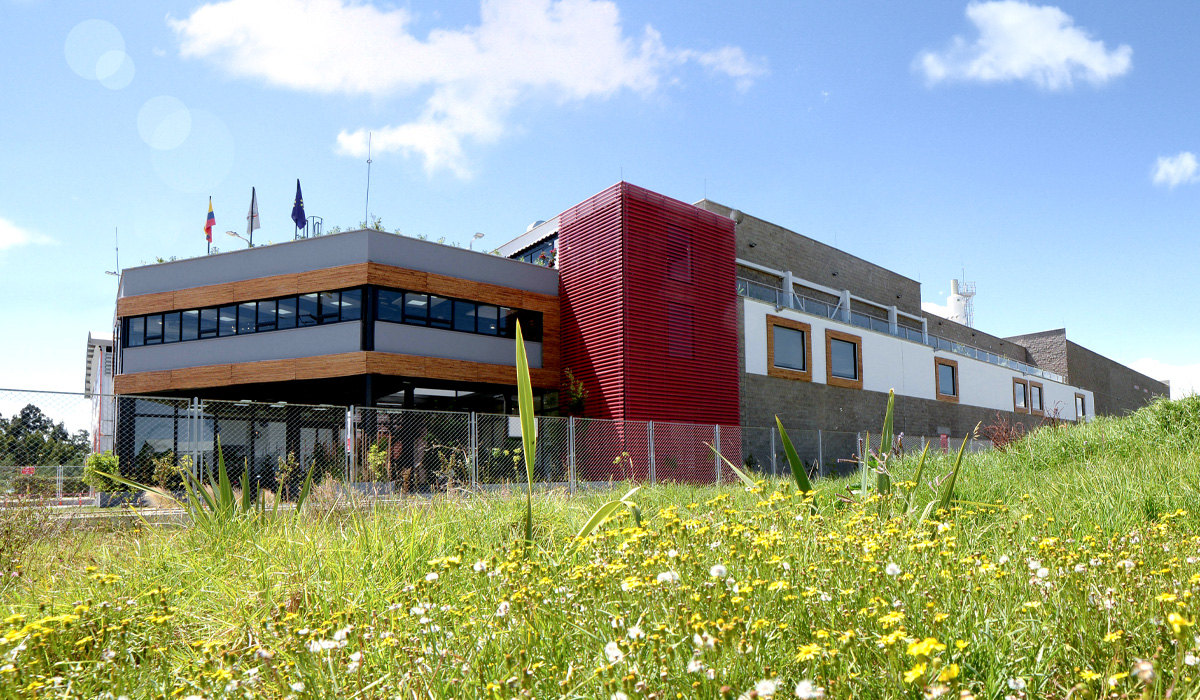Given that Symrise is growing in the area of pet food in particular, all new plants since 2020 have been built according to the LEED or BREEAM recognized standards. “These standards are good levers to generate up to one-third fewer CO2 emissions than a conventional building,” says Thierry Lenice, who oversees the transition to sustainable operations as Low Carbon Transition Manager. In the past two years, Symrise has built new plants in Colombia, China and Brazil based on LEED / BREEAM standards.
At the same time, Symrise is upgrading older production sites by introducing low-carbon action plans to help reduce emissions. At the Naturals Business Unit within the Food & Beverage division, more than 3,000 tons of greenhouse gases will be saved yearly from 2020 to 2023. This is thanks to the switch from gas to wood for its boilers, optimization of refrigeration facilities and improved heat recovery. In addition, the segment also reduced its CO2 emissions in other areas. For example, it optimized the packaging it uses and introduced more sustainable transport solutions. Last but not least, the employees also developed their own projects to raise awareness for sustainability. “We ultimately want to share the results across the Group so that we can learn from each other. That way we can act even more sustainably together,” says Le Henaff.
Furthermore, the Taste, Nutrition & Health segment will evaluate the carbon footprint of its entire portfolio which includes more than ten thousand products over the coming years. “In doing so, our team is currently focusing on a particular product range while simultaneously developing eco-design matrix tools and raw material databases,” explains Le Henaff.
This resulted in the “low carbon” product range for the Pet Food division that Symrise presented at Interzoo 2022. The 14 products, which are suitable for both cats and dogs, displayed good CO2 performance, according to Aurélie de Ratuld, CSR Global Manager for Symrise Pet Food. In 2023, 14 new products will be introduced to the French market; by replacing older ones, they will generate 1,300 fewer tons of CO2 per year. All in all, eco-friendly design can reduce emissions by an average of 30 %, and in some cases even up to 70 %.



